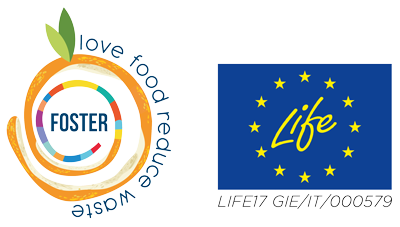This exploratory behavioural study on consumer choices and food sustainability was carried out for the European Commission at the Milan Expo 2015. It consisted of a field study and two lab experiments among Expo visitors, which provide insights into consumer behaviour related to food sustainability. The field study focused on sustainable consumer choices, while the experiments were about possible ways to reduce food waste at the stage of final consumption.
Key Findings
- Only 47% of consumers correctly understand the meaning of the “Best Before” date.
- The presence of a “Best Before” date makes consumers less likely to throw away a product before that date is reached, but the presence of either a “Best Before” or a “Production” date makes consumers more likely to throw it away after the date has passed. In the Supermarket of the future, when consumers would be using interactive screens, most likely they would pay attention mainly to price, nutritional values and origin of product.
- Consumers’ willingness to buy imperfectly shaped foods (fruits, vegetables) increases as their price is reduced. If the price reduction is moderate, 31% consumers would buy imperfect fruits/vegetables; if the price reduction is high, 39% consumers would do so.
- Even without a price reduction, if a persuasive message is given on the label, more consumers would choose imperfect fruit/vegetables. An “authenticity” message would persuade 41% consumers to make a purchase, and an “anti-food waste” message would persuade 42% consumers to make a purchase.
- If an awareness message on the label is combined with a price reduction, consumers’ willingness to buy imperfect fruit/vegetables raises even more to approximately 50%.
Read the original article here – https://ec.europa.eu/info/publications/milan-bexpo-2015-behavioural-study-food-choices-and-eating-habits_en


